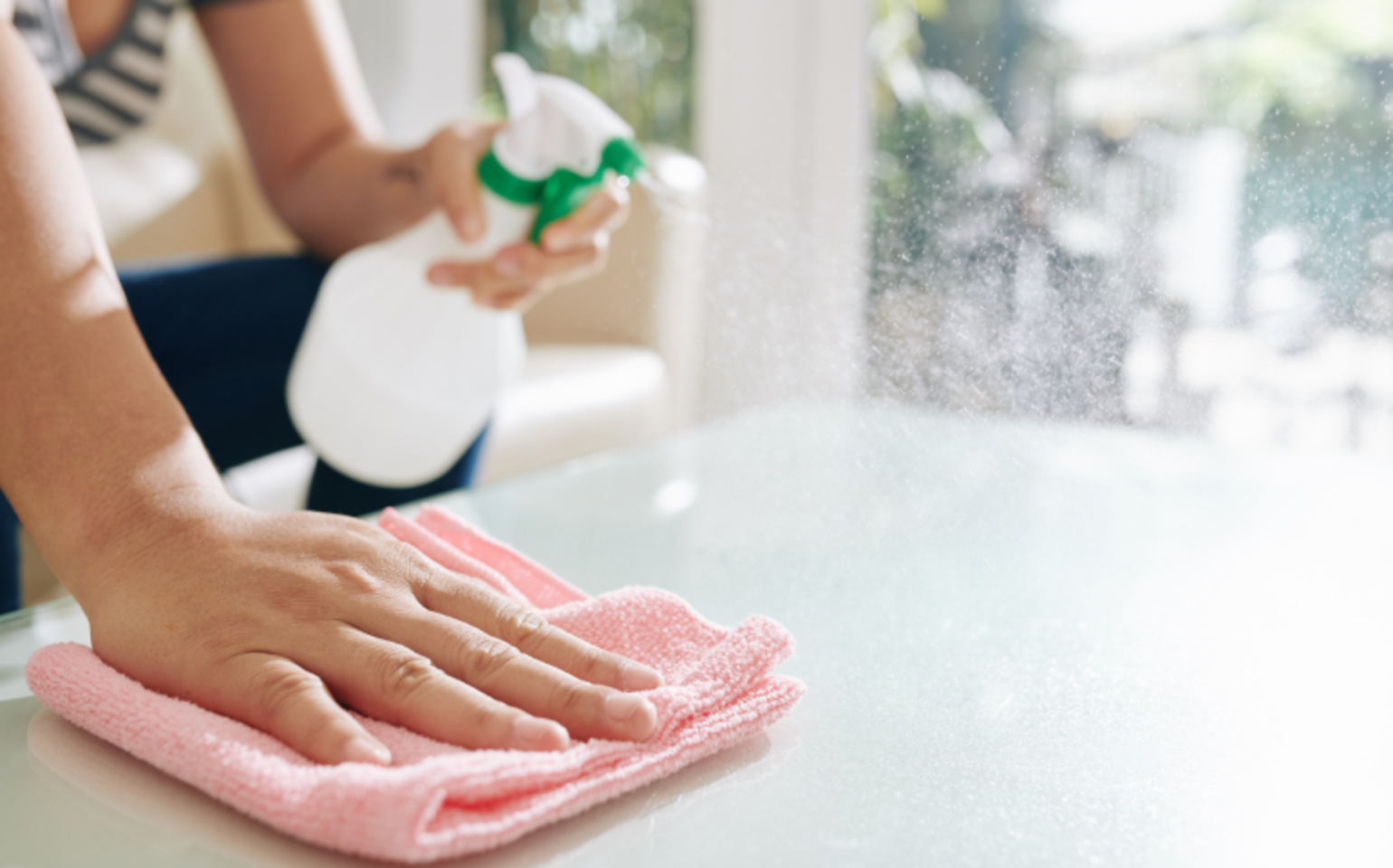The Impact of Everyday Hygiene: Tips for a Healthier Family and a Cleaner Home
Hygiene in the home and everyday life has a direct and significant impact on health. In the Small Steps for Big Change report, Global Hygiene Council (GHC) experts highlighted that poor home and personal hygiene practices are widely recognised as the main causes of infection transmission for colds, influenza and diarrhoea.1
Hands, for example, can carry 3000 different bacteria, and yet inadequate hand hygiene practices are estimated to affect 80% of the global population.2,3 Hard surfaces, such as worktops and doorknobs, can harbour cold and flu viruses for up to 48-hours;4 regularly touching these surfaces increases the risk of catching and spreading these viruses.
According to GHC experts, food-related gastrointestinal infections still remain at unacceptable levels, despite the fact that good kitchen hygiene, including disinfecting surfaces, effective food storage and thorough cooking can help in their reduction.1 The World Health Organization estimates that 31% of reported foodborne infection outbreaks occur in private homes.5 Research from the GHC in 2020 found that 35% of parents in seven countries worldwide did not believe that disinfecting their home would have an effect on how often their child could get ill.6 However, data show a 99.2% reduction in risk of bacteria linked to food poisoning through the use of disinfectant wipes.7

Young children are especially at risk with 3.2 million children under the age of five years dying from infectious diseases each year.8 Yet, it is estimated that 361,000 deaths from diarrhoea in children under the age of five years are entirely preventable if better hygiene practices are implemented.2
Although most deaths occur in the developing world, infectious disease still accounts for around 4% of deaths in developed countries.9 There is also a significant socioeconomic impact from related illness, including days lost from school and work. In the US, the common cold alone accounts for approximately 22 million missed school days and 20 million absences from work, including time away from work caring for sick children.10
How to practice effective home hygiene:
- Regularly clean and disinfect frequently touched surfaces around the home, such as door handles, handrails, light switches and taps
- Ensure devices such as mobile phones and remote controls are kept hygienically clean
- If possible, use antibacterial wipes or disposable cloths to minimise the spread of germs from surface to surface
- If re-using cloths, ensure they are washed and dried after each use
- Remove germs and bacteria from soft fabrics and clothing by washing at high temperatures (greater than 60⁰C) or, if washing at a lower temperature, add laundry disinfectant or laundry sanitiser to the wash
- When coughing or sneezing, cover your mouth with a tissue and throw it away in the bin. Remember to wash your hands with soap and water afterwards. If you don’t have a tissue, cough or sneeze into the crook of your arm
- Thoroughly wash hands:
a. Before eating and preparing food
b. After using the toilet or changing a nappy
c. Before holding a baby
d. After handling pets or other animals
e. After playing or working outside or travelling on public transport
f. After coughing, sneezing or blowing your nose
- If soap and clean water are not readily available, an alcohol-based hand sanitiser should be used. However, if the hands are dirty, they should always be washed
To learn more about effective hygiene practices and their role in reducing antimicrobial resistance, visit Our Work.
References:
- Global Hygiene Council. Small Steps for Big Change. 2016
- Royal Society for Public Health: ‘Public should not wash their hands of basic hand hygiene’. April 2014
- Freeman MC, et al. Hygiene and health: systematic review of handwashing practices worldwide and update of health effects. Trop Med Int Health. 2014;19(8):906–916.
- www.insider.com/guides/health/how-long-do-flu-germs-live
- www.ifh-homehygiene.org/books/simple-guide-healthy-living-germy-world/module-7-why-hygiene-still-so-important
- Global Hygiene Council. Hygiene Behaviour Change Research. 2020.
- Lopez GU, et al. Impact of disinfectant wipes on the risk of Campylobacter jejuni infection during raw chicken preparation in domestic kitchens. J Appl Microbiol. 2015;119(1):245–252
- www.who.int/mediacentre/factsheets/fs331/en/
- ifh-homehygiene.org/what-home-hygiene/www.uptodate.com/contents/thecommon-cold-in-the-children-beyondthe-basics
- www.uptodate.com/contents/thecommon-cold-in-the-children-beyondthe-basics